Our Lady's Close
Upper Norwood
SE19 3FA
History - VI Form
Subjects
-
Art - 6th Form List Item 2
-
New List Item Write a description for this list item and include information that will interest site visitors. For example, you may want to describe a team member's experience, what makes a product special, or a unique service that you offer.
Biology - 6th Form -
New List Item Write a description for this list item and include information that will interest site visitors. For example, you may want to describe a team member's experience, what makes a product special, or a unique service that you offer.
Business Studies - 6th Form -
New List Item Write a description for this list item and include information that will interest site visitors. For example, you may want to describe a team member's experience, what makes a product special, or a unique service that you offer.
Chemistry - 6th Form -
New List Item Write a description for this list item and include information that will interest site visitors. For example, you may want to describe a team member's experience, what makes a product special, or a unique service that you offer.
Computer Science - 6th Form -
New List Item Write a description for this list item and include information that will interest site visitors. For example, you may want to describe a team member's experience, what makes a product special, or a unique service that you offer.
Drama - 6th Form -
New List Item Write a description for this list item and include information that will interest site visitors. For example, you may want to describe a team member's experience, what makes a product special, or a unique service that you offer.
English - 6th Form -
New List Item Write a description for this list item and include information that will interest site visitors. For example, you may want to describe a team member's experience, what makes a product special, or a unique service that you offer.
Extended Project Qualification - 6th Form -
New List Item Write a description for this list item and include information that will interest site visitors. For example, you may want to describe a team member's experience, what makes a product special, or a unique service that you offer.
French - 6th Form -
New List Item Write a description for this list item and include information that will interest site visitors. For example, you may want to describe a team member's experience, what makes a product special, or a unique service that you offer.
Further Maths - 6th Form -
New List Item Write a description for this list item and include information that will interest site visitors. For example, you may want to describe a team member's experience, what makes a product special, or a unique service that you offer.
Geography - 6th Form -
New List Item Write a description for this list item and include information that will interest site visitors. For example, you may want to describe a team member's experience, what makes a product special, or a unique service that you offer.
History - 6th Form -
New List Item Write a description for this list item and include information that will interest site visitors. For example, you may want to describe a team member's experience, what makes a product special, or a unique service that you offer.
Latin - 6th Form -
New List Item Write a description for this list item and include information that will interest site visitors. For example, you may want to describe a team member's experience, what makes a product special, or a unique service that you offer.
Music - 6th Form -
New List Item Write a description for this list item and include information that will interest site visitors. For example, you may want to describe a team member's experience, what makes a product special, or a unique service that you offer.
Mathematics - 6th Form -
New List Item Write a description for this list item and include information that will interest site visitors. For example, you may want to describe a team member's experience, what makes a product special, or a unique service that you offer.
Physics - 6th Form -
New List Item Write a description for this list item and include information that will interest site visitors. For example, you may want to describe a team member's experience, what makes a product special, or a unique service that you offer.
Religious Studies - 6th Form -
New List Item Write a description for this list item and include information that will interest site visitors. For example, you may want to describe a team member's experience, what makes a product special, or a unique service that you offer.
Spanish - 6th Form
History
Why choose History?
Whilst historical events may be fixed in the past, the study of History requires you to question how historical narratives have been constructed. Asking searching questions about interpretations of the past is a quest that rarely results in definitive answers, and it is this which makes the study of History not only a challenge, but an absorbing and exciting process!
Alongside deepening your existing interest in the study of the past, History A Level will teach you to think in a very particular way. Through working with evidence and examining differing opinions about the past, as well as analysing the trajectory of events, whilst also assessing the human aspect of these moments, you will develop a range of skills as you seek to explain not just how events happen, but why.
What study skills do you need?
- A passion for learning about the past, which translates to a desire to read widely around the subject beyond the core information provided.
- The ability to process large amounts of historical content and ensure that as part of independent study, accurate and detailed analytical notes are taken to aid knowledge retention.
- Source analysis: a commitment to reading a range of source material in order to deepen contextual knowledge of the time period and develop a nuanced understanding of how to read such texts.
- Historical interpretations: through wider reading, build an understanding of how historians view the time period and key themes.
- Essay writing: to write analytical essays which reach a sustained judgement incorporating key historical contextual information.
What are the aims of the course?
- To deepen a passion for learning about the past and to understand the important role of the historian in society.
- To view the world around us in the context of the past and to foster deeper engagement with other important disciplines such as sociology, anthropology, archaeology, philosophy, politics and economics.
- To engage with debates and approach with enthusiasm the opportunity to challenge and critically assess our own personal beliefs which shape our views as historians.
GCSE requirements
The minimum requirement is a grade 7 in History GCSE (and at least a grade 6 in both English Language and English Literature GCSE).
Course content
The following Edexcel options are studied:
Paper 1: England, 1509-1603: authority, nation and religion
This option comprises a study in breadth in which students will learn about the key political, social and economic features of Tudor England from the accession of Henry VIII to the death of Elizabeth I, an era of decisive change for the English state and church. The focus of study is on developments and changes over a broad timescale and so the content is presented as themes spanning a significant duration: 1509–1588. This option also contains a study in depth of historical interpretations on a broad question that is contextualised by, and runs on from, the themes: whether there was a general crisis of government in the last years of Elizabeth I’s reign, 1589–1603.
Paper 2: Luther and the German Reformation, c1515-55
This option comprises a study in depth of Luther’s challenge to the Catholic Church, the development of a separate Lutheran Church within the German states, and the response of Empire and the papacy to this challenge to 1555. This would cause a fracture in the religious unity of western Christianity, which would, in time, spread through Europe and beyond. Students will gain an in-depth understanding of Luther’s religious protests and the involvement of secular and religious leaders in driving, and resisting, religious and political change in the German states in this period.
Paper 3: Protest, agitation and parliamentary reform in Britain, c1780-1928
This option comprises two parts: the aspects in breadth focus on long-term changes and contextualise the aspects in depth, which focus in detail on key episodes. Together, the breadth and depth topics explore the relationship between authority and mass agitation in England, the struggle for greater representation in England, and the ways in which the interests and concerns of individuals in society could make themselves known. Within the primarily political focus, this option also gives students the opportunity to explore the economic and social contexts and their influence on developments and on the pressures for change.
Coursework
The purpose of this coursework is to enable students to develop skills in the analysis and evaluation of interpretations of history in a chosen question, problem or issue as part of an independently researched assignment. The focus is on understanding the nature and purpose of the work of the historian. Students will be required to form a critical view based on relevant reading on the question, problem or issue. They will also be specifically required to analyse, explain and evaluate the interpretations of three historians.
Students will:
- recognise that interpretations are representations and constructions of the past
- recognise the relationships between interpretations and the questions that they seek to ask and answer
- comprehend and analyse the defining elements of particular interpretations
- explain why historians arrive at the interpretations they do and understand that differences in interpretation can be legitimate
- be able to evaluate differing interpretations against appropriate and relevant criteria
- organise and communicate their findings.
Further education and career opportunities
A Level History is highly respected by universities and employers as it demonstrates the ability to not only process large volumes of information but to also analyse and critically evaluate. The writing skills developed throughout the course are also invaluable. History A Level is normally specified as a requirement for studying History at university. A History degree is an excellent course choice due to the sought after range of transferable skills which you will develop. As such, a History degree can lead to a wide variety of careers including Academia, Archaeology and curation, International Relations, Law, Marketing, Politics and Teaching, to name but a few.
Get more information
Thank you!
Please try again later.
CONTACT US
020 8674 7229
enquiries@thelaurelsschool.org.uk
5 Our Lady's Close,
Upper Norwood, SE19 3FA
ABOUT
ACADEMICS


All Rights Reserved | The Laurels |
Web design by www.beardfish.co


